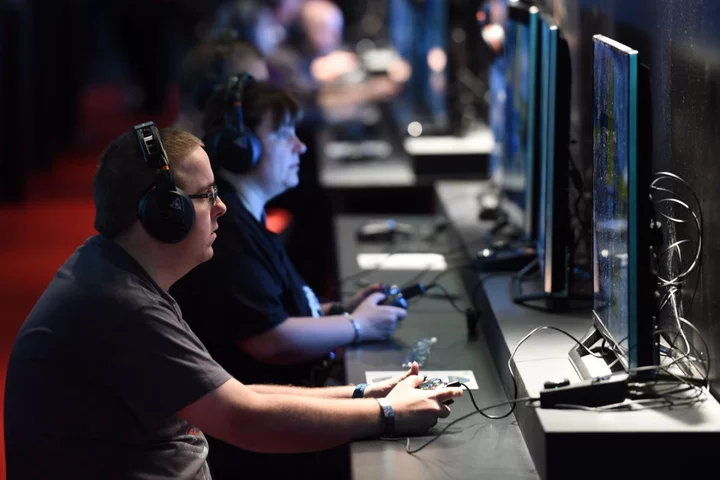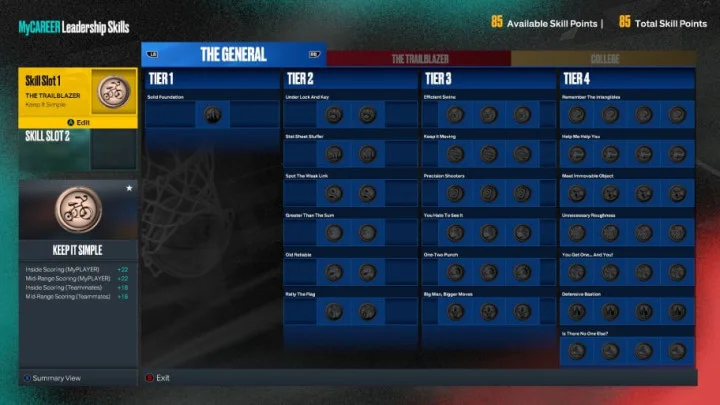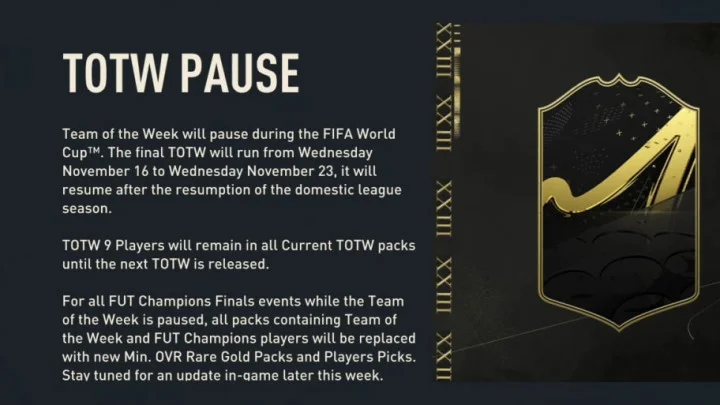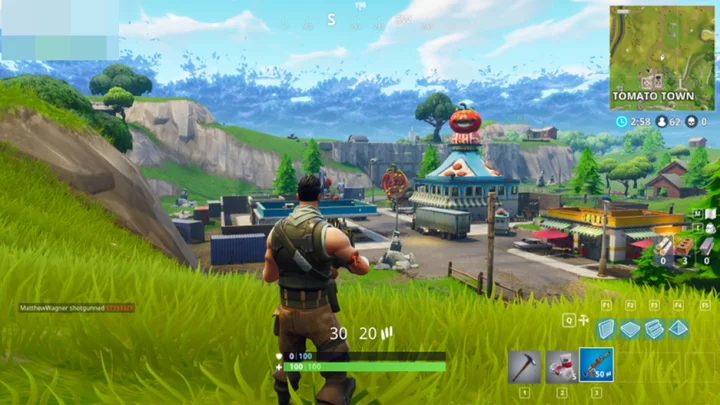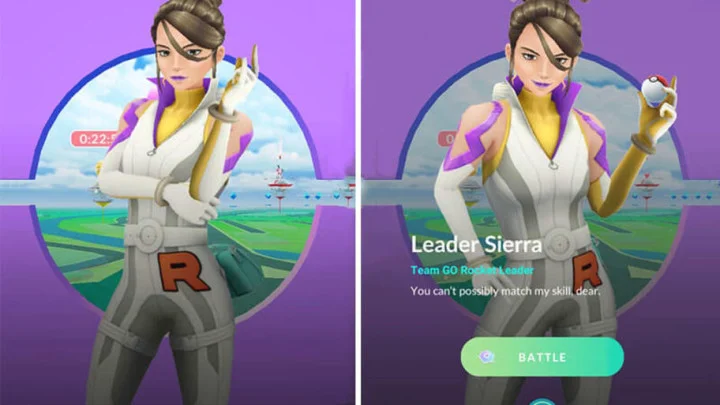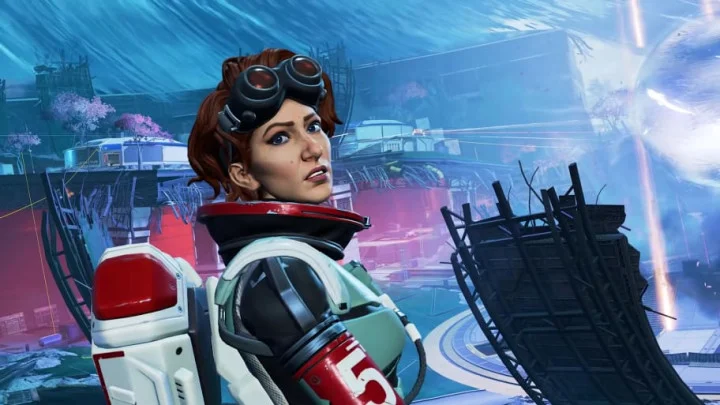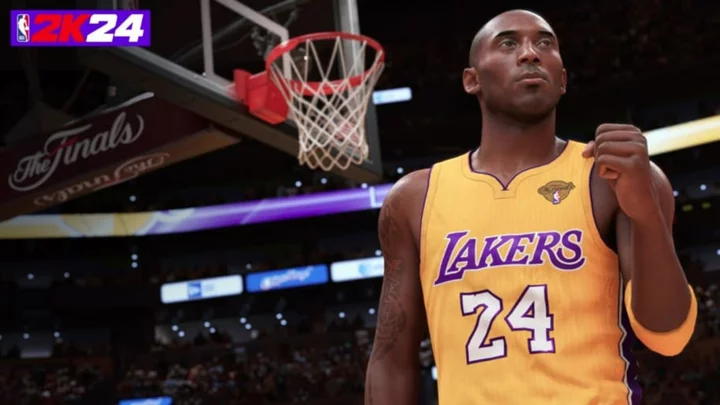Male characters in role-playing video games have 50% more dialogue than females, highlighting a “stark gender imbalance” in the gaming genre, scientists have said.
In role-playing games (RPGs), the gamer controls one or more characters undertaking quests or missions in an imaginary world.
Researchers from the Universities of Glasgow and Cardiff analysed the dialogue of 50 RPGs from 1986 to 2020, including Final Fantasy, Skyrim and Mass Effect.
This encompassed 6.2 million spoken words from 13,000 characters.
The results, published in the journal Royal Society Open Science, suggest 94% of the games studied had more male dialogue than female dialogue, including ones with multiple female protagonists such as Final Fantasy X-2 or King’s Quest VII.
They also found that the proportion of female dialogue is slowly increasing in RPGs at a rate of 6.3 percentage points per decade – from a mean of about 18% in the 1980s to about 40% by 2020.
While we expected to find a larger proportion of male dialogue overall, we were surprised to discover how few games - just three of 50 - had more than 50% female dialogue
Dr Stephanie Rennick, University of GlasgowHowever, the researchers said that if this rate were to continue, gender balance would not be reached until 2036.
Dr Stephanie Rennick, research associate in philosophy, school of humanities at the University of Glasgow, said: “While we expected to find a larger proportion of male dialogue overall, we were surprised to discover how few games – just three of 50 – had more than 50% female dialogue.
“I was also surprised that the lack of female characters compared to their male counterparts persisted at every level, from main player characters through to background NPCs (non-player characters).”
For the study, the researchers obtained the transcripts of dialogue used in the games and identified which character said what.
Dr Sean Roberts, lecturer at the school of English, communication and philosophy at Cardiff University, said: “We categorised the gender of each character, not assuming binary gender.
“This allowed us to count how many words were available for each gender in each game.
“For example, we can compare the number of words spoken by female characters to the number of words spoken by male characters.”
The researchers found only 35% of words were spoken by female characters and they were more likely to apologise, hesitate or be polite, compared with their male counterparts.
They said the proportion of female dialogue ranged from 6% (King’s Quest VI) to 80% (King’s Quest IV: The Perils of Rosella).
They discovered one game, Monkey Island, did not pass the Bechdel test, which requires two named female characters to talk to each other about something besides a man.
Around half of gamers are female, but they experience a lot of abuse and exclusion. More diverse representation is being called for by players and developers
Dr Sean Roberts, Cardiff UniversityThe team also found examples of stereotyped gendered behaviour.
The researchers said that in Stardew Valley, characters respond differently depending on the player character’s gender.
For example, they said, female players are offered a salad, wine, repeatedly described as beautiful and assumed to have little experience of video games, while male players are offered pasta, ale, described as “full of energy” and are assumed to be good video game players.
Analysis also showed only 30 out of 13,000 characters belong to the non-binary gender categories, which is about half as much as in real life, the researchers said.
Dr Roberts said: “Around half of gamers are female, but they experience a lot of abuse and exclusion.
“More diverse representation is being called for by players and developers.
“So we hope that developers will consider addressing the imbalances we found in order to create more inclusive games.”

